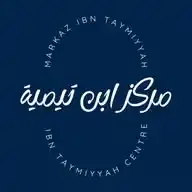
مركز ابن تيمية
February 21, 2025 at 08:33 AM
*What is an ijāzah?*
Ijāzah, also known as sanad, is an Islamic term that refers to a certification or authorisation granted by a scholar or a qualified teacher to a student who has successfully completed a course of study or mastery of a particular subject.
In the context of the Qur’ān, an ijāzah is a certificate or permission given by a qualified teacher (known as a “sanad holder”) to a student, attesting that the student has memorized the Qur’ān with proper tajwīd.
The process of obtaining an ijāzah typically involves the student reciting the entire Qur’ān to the teacher, who listens carefully and assesses the student’s accuracy, fluency, and adherence to the rules of tajwīd. If the student meets the required standards, the teacher grants the ijāzah, which serves as a testament to the student’s proficiency in reciting the Qur’ān.
The ijāzah granted to the course tutor Abu al-Qāsim Muḥammad Sa’d ibn Muḥammad Sa’īd Khān is accompanied by a chain of transmission (sanad), which traces the authority and authenticity of the certification back to Allāh ﷻ through a chain of qualified teachers. This chain of transmission adds an additional level of credibility to the ijāzah, ensuring that the recitation is in line with the correct recitation that has been passed down through generations.